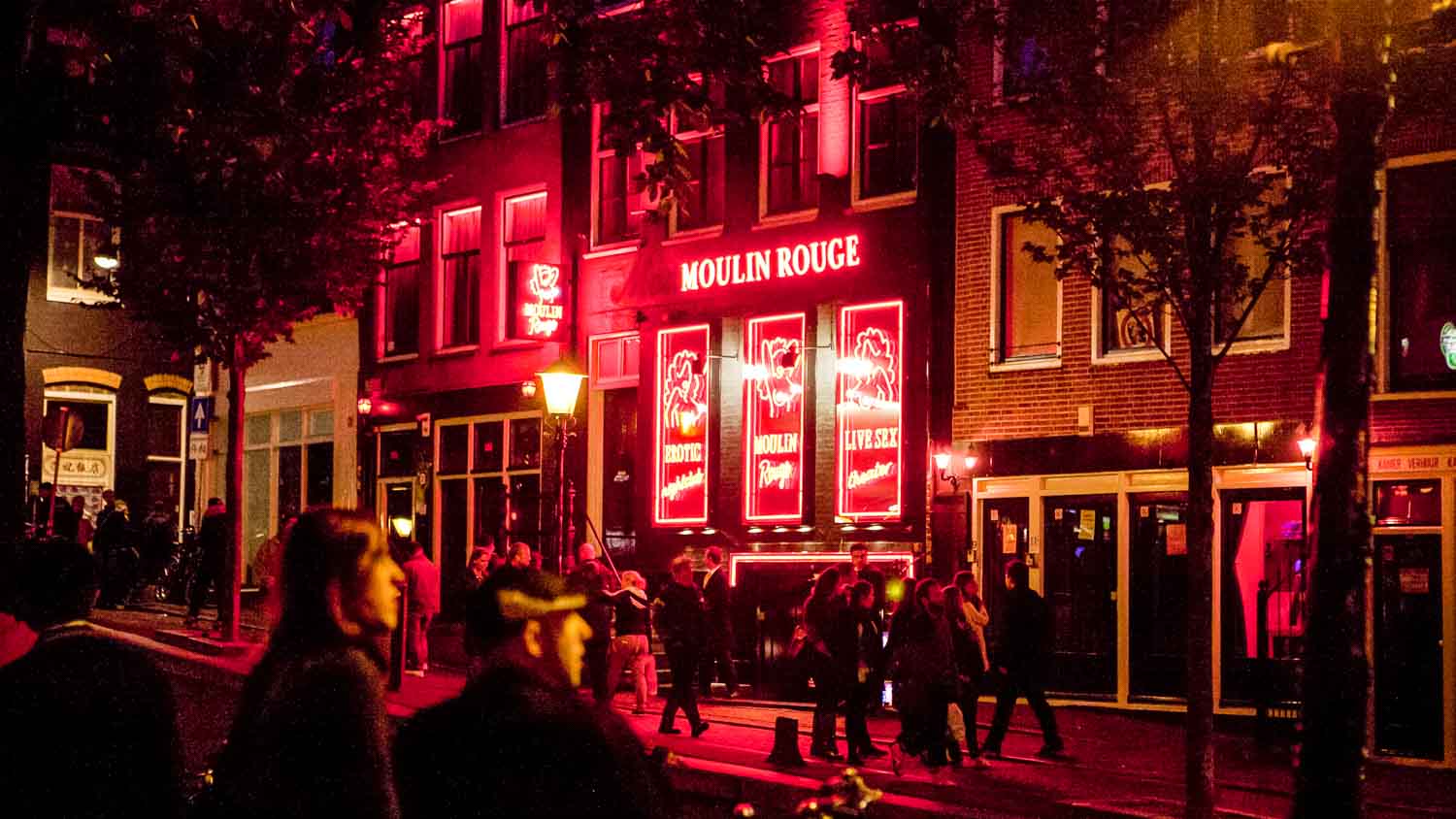
Stopping the Red-Light District
by Revati Tongaonkar November 3 2017, 11:39 am Estimated Reading Time: 4 mins, 0 secsProstitution, called the oldest profession in the world is making new news today as questions regarding its moral, ethical and legal issues are being debated over.
Prostitution is defined as the practice of engaging in sexual activity with another person in exchange of payment. Legal takes regarding what all encompasses sexual activity and prostitution varies all across the globe, and is heavily subject to the culture and norms of any given place. In India, selling sex in the privacy of one's home is allowed, but pimping, or owning brothels is not. Needless to say, the law is all but useful and clear- famous red-light districts in almost every major city speak otherwise.

A recent paper published by Amnesty International in May 2016 sparked off a discussion regarding the nature and the need of the profession. The paper called for a blanket decriminalisation of prostitution across the globe, in order, it said, to provide sex workers with official identities and legal benefits. While this was hailed as a significantly progressive move, several critics pointed out loopholes, insisting that decriminalisation would only give pimps credibility without being of any real use to sex workers.
Those speaking for decriminalisation point out the obvious benefits that sex workers will receive, beginning with a legal identity. Today, for instance, in a nation where selling sex is banned, a prostitute cannot go to the police to report a rape or complain about violence- he or she is classified as a criminal first. By giving them legal recognition, we attempt to stop, atleast, first, in the rulebooks, the blatant discrimination that prostitutes face today, from the law itself that sees them as illicit. Legalizing the trade is also supposed to help regulate pimps and brothels, and for spreading awareness about sexually transmitted diseases, and carrying out medical checkups in makeshift camps.
On the other hand, decriminalisation definitely helps the brothel owner run his or her business, but does not stop rape from actually happening, or make sure that condom laws get enforced. If anything else, it makes the business of selling sex completely legitimate, i.e., it acknowledges the demand for sex in the market, but does not help ensure the legitimacy of the supply chain. Such as policy is profiting only the punters and pimps, and comes close to assuming that every sex worker in the business joins it of his/her own choice.
Sex trafficking is a rampant underground activity, feeding off the demands of the lusty and the powerful, and coercing thousands unwillingly into the trade- several are sold off by their parents when young, while others are snapped up as they hit puberty. Even in nations where sex work is legal, it was found that the rights of the sex workers were seldom protected, and several pimps passed off juvenile sex workers as those working freely.
An honest human rights approach would be to first protect the rights of the victims caught in the sex trade, especially those trapped at a young age and against their will. The second would be to provide legal gateways to escape the drill of the brothel, should a person wish to.
One idea that seems to work is what has been called the 'Nordic model', which is used in Sweden, Norway, France and the Republic of Ireland. In these nations, selling sex is allowed, but buying it is illegal, as is pimping it- it penalizes the demand for commercial sex, while decriminalizing prostitutes, and providing them with support services, medical aids, and effective getaways to escape, should they choose to leave the trade. The model also works towards promoting gender equality- and attempts to change the idea that women and girls are commodities that can be bought and sold. (While men are also involved as victims in the sex trade, a whopping 98% percent of sex trafficking victims are female. The exploitation of these women is thought to be both cause and consequence of a skewed idea of gender equality.) Since the introduction of this law, pimping has dropped to almost half its earlier rates- however, Sweden has also become a haven for foreign pimps hoping to recruit new workers.
One wonders whether such a blanket ban will work in India, a country whose population runs into billions. However, the solution to prostitution at any level is two-fold; the general public, and our judicial system needs to learn to look at prostitutes as victims and people first, before labelling them off as 'fallen women'.
Sources:
https://www.thequint.com/news/india/what-india-can-learn-from-countries-that-legalized-prostitution
http://iasexamportal.com/civilservices/essay/An-Essay-Legalising-Prostitution-in-India
https://www.equalitynow.org/sites/default/files/Nordic%20Model%20Fact%20Sheet_0.pdf
https://en.wikipedia.org/wiki/Prostitution_in_India
https://www.youthkiawaaz.com/2009/12/the-big-debate-should-prostitution-be-legalized-in-india/





-173X130.jpg)
-173X130.jpg)
-173X130.jpg)
-173X130.jpg)

_(7)-173X130.jpg)
-173X130.jpg)